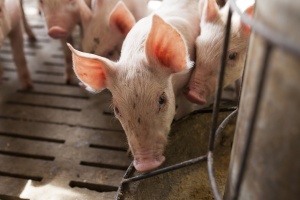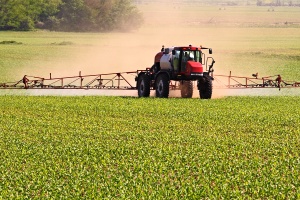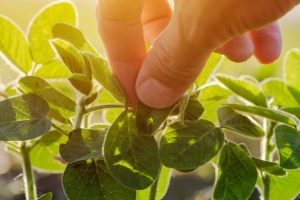Cow manure helps us grow food, and that’s no bull
Illinois has some of the richest soil in the world, which is why when you drive throughout rural Illinois, you can see miles and miles of corn and soybean fields growing and thriving. But just like you fertilize your lawn or garden, sometimes crops need extra nutrients to keep the plants and the soil healthy.
All plants need nutrients to grow. Corn and soybeans in particular need nitrogen, phosphorus and potassium. Enter: cow manure. Cow manure from dairy and beef cattle, along with manure from other livestock like pigs, is a natural byproduct that is a sustainable and cost-effective way to provide growing crops with the nutrients they need. This is a win-win for crop and livestock farmers. For farmers who raise animals, what would typically be considered waste and become an added expense for removal is actually a valuable commodity when used as a fertilizer, reducing manure removal costs and their fertilizer bill.
Cow manure contains valuable plant nutrients like:
- Nitrogen
- Phosphorus
- Potassium
- Sulfur
- Calcium
- Magnesium
For this reason, farmers often apply manure on their own fields or partner with a neighboring crop farmer to provide nutrients for his or her plants. Using a tractor and specialized application equipment, farmers inject the manure into the soil (a minimum of 6 inches below the soil surface) rather than laying it on top to ensure the nutrients stay in the soil and are accessible to the roots of growing plants. The added benefit of this type of application is reduced odor overall.
With these valuable nutrients, the corn and soybeans produce a robust crop that is made into feed for the animals. It’s the perfect recycling story and another example of how Illinois farmers incorporate sustainability into their farms and have for generations.










0 Comments